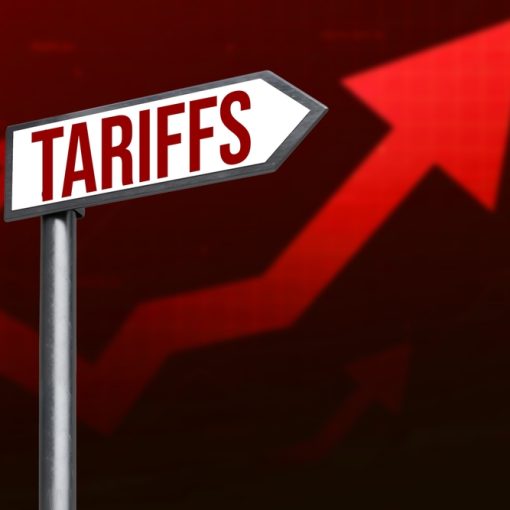 Oaktree Capital’s Howard Marks is a highly respected, veteran money manager who recently published a book – The Most Important Thing – that collects his broadly read memos from over the years. Institutional Investor has a lengthy excerpt from the book, which includes this particularly interesting challenge to the standard definition of investment risk:
Oaktree Capital’s Howard Marks is a highly respected, veteran money manager who recently published a book – The Most Important Thing – that collects his broadly read memos from over the years. Institutional Investor has a lengthy excerpt from the book, which includes this particularly interesting challenge to the standard definition of investment risk:
According to the academicians who developed capital market theory, risk equals volatility, because volatility indicates the unreliability of an investment. I take great issue with this definition of risk.
It’s my view that — knowingly or unknowingly — academicians settled on volatility as the proxy for risk as a matter of convenience. They needed a number for their calculations that was objective and could be ascertained historically and extrapolated into the future. Volatility fits the bill, and most of the other types of risk do not. The problem with all of this, however, is that I just don’t think volatility is the risk most investors care about.
There are many kinds of risk. . . . But volatility may be the least relevant of them all. Theory says investors demand more return from investments that are more volatile. But for the market to set the prices for investments such that more volatile investments will appear likely to produce higher returns, there have to be people demanding that relationship, and I haven’t met them yet. I’ve never heard anyone at Oaktree — or anywhere else, for that matter — say, “I won’t buy it, because its price might show big fluctuations,” or “I won’t buy it, because it might have a down quarter.” Thus, it’s hard for me to believe volatility is the risk investors factor in when setting prices and prospective returns.
Rather than volatility, I think people decline to make investments primarily because they’re worried about a loss of capital or an unacceptably low return. To me, “I need more upside potential because I’m afraid I could lose money” makes an awful lot more sense than “I need more upside potential because I’m afraid the price may fluctuate.” No, I’m sure “risk” is — first and foremost — the likelihood of losing money.
Read the whole thing.
Source:
“Avoiding Losses Is One of the Keys to Managing Money” Michael Pelz, Institutional Investor, 5/27/11
http://www.institutionalinvestor.com/Article/2832141/Avoiding-Losses-Is-One-of-the-Keys-to-Managing-Money.html?ArticleId=2832141&single=true
Image: Oaktree




